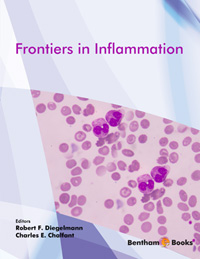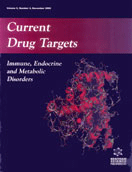Abstract
Atopic diseases, including seasonal and perennial allergic rhinitis, asthma, atopic dermatitis, and food allergy, affect a significant proportion of the United States population. Specific host inflammatory patterns characterize these allergic responses. Whether the innate or adaptive immune responses are recruited for a specific antigen, the signature of cytokines secreted will identify this inflammatory pattern and, in the presence of the correct cellular infiltrate, will yield enhanced T helper 2 (Th2), or allergic, inflammation. A description of the various cell types involved in allergic inflammation and the inflammatory responses leading to allergy, including innate and adaptive immunity, are presented in this chapter. Specific pharmacologic modulation utilizing monoclonal antibodies is also discussed.
Keywords: Adaptive Immunity, Allergic Inflammation, Cytokines and Allergy, Pharmacologic Modulation, Th2 inflammation.






















